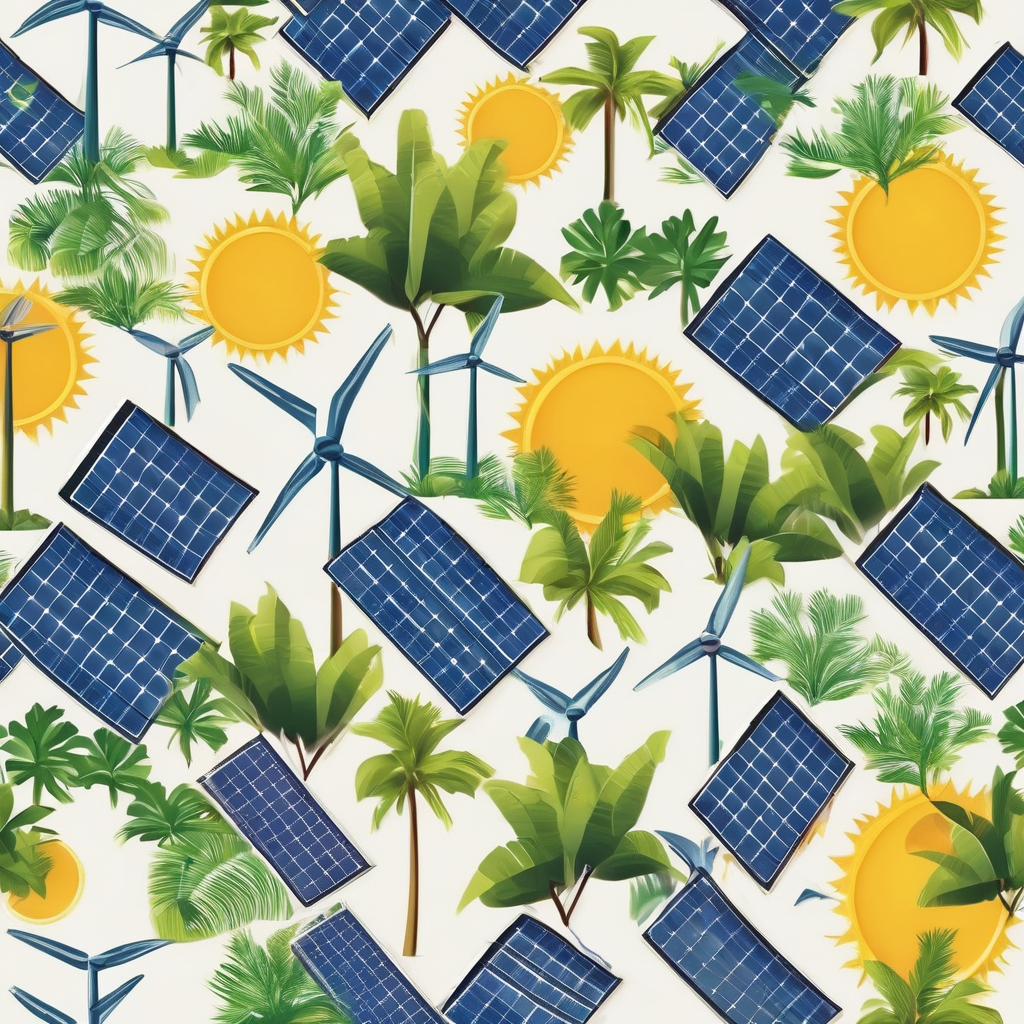The Federated States of Micronesia (FSM) has taken a proactive step in reinforcing its commitment to climate action by unveiling its Nationally Determined Contribution (NDC) 3.0 and a new Methane Roadmap during COP30 at the Moana Pavilion in Belém, Brazil. The announcement was made by FSM’s Minister for Climate Change, Elina Akinaka, who stated that these documents reflect a serious commitment to meet both national and global climate responsibilities.
Akinaka emphasized that the new commitments present a balanced approach that aligns ambitious climate goals with practical realities. The updated NDC aims to tackle some of the most pressing climate issues while fostering innovation and leadership. A major highlight of the Methane Roadmap is its focus on reducing one of the most harmful greenhouse gases through transformative and practical strategies.
Cooperation is fostered as a critical component for the successful implementation of these initiatives. Akinaka underlined the importance of collaboration among government agencies, communities, regional partners, and development institutions to effectively achieve these goals. She expressed that ongoing partnership and perseverance will be essential for making a difference.
Coral Pasisi, Director for Climate Change at the Pacific Community (SPC), praised FSM’s efforts, labeling the launch as “a real milestone” for Pacific climate ambition and resilience. She noted the complexity inherent in designing a comprehensive climate strategy for a nation consisting of multiple states and islands, commending FSM for achieving this unified vision.
Significant aspects of FSM’s revised NDC include ambitious commitments to expand access to renewable energy and a notable goal of achieving 70% of electricity generation from renewable sources by 2030, increasing to 80% by 2035. These climate commitments are contingent on available resources, capacity, and technological support, with additional targets aimed at ecosystem restoration and sustainable management of marine resources.
The Regional Pacific NDC Hub, supported by entities like the European Union and the Australian Department of Climate Change, Energy, the Environment and Water, plays a vital role in backing FSM’s ambitions. This ensures that FSM’s commitments include concrete actions such as universal electricity access by 2035, strategies that address transportation and waste sectors, and enhanced resilience of water, food, and health systems across all states.
Pasisi pointed out that FSM’s NDC 3.0 serves as a powerful example of how national priorities can translate into actionable plans. The initiatives, focusing on bolstering sustainable practices in marine and terrestrial ecosystems, illustrate a robust desire for environmental stewardship and the fight against climate change.
As Pacific nations emphasize their leadership in addressing climate change challenges, FSM’s latest commitments reflect a hopeful trajectory towards larger regional collaborations and the actual implementation of meaningful climate solutions. The sense of urgency and dedication exhibited by Micronesia and other island nations fosters an optimistic outlook for collaborative efforts in mitigating climate impacts.
